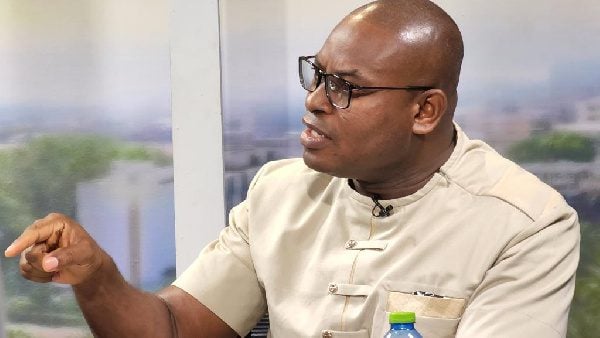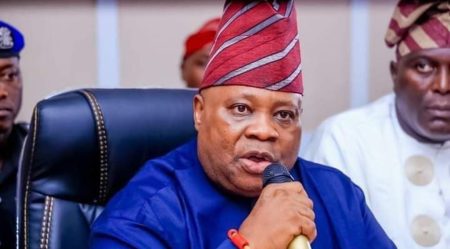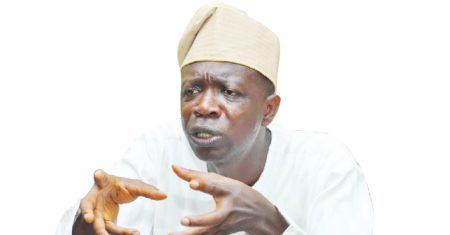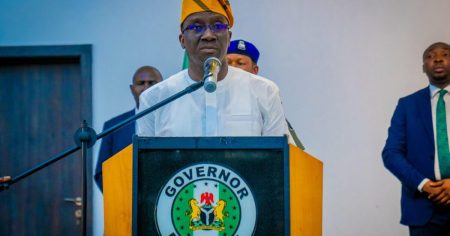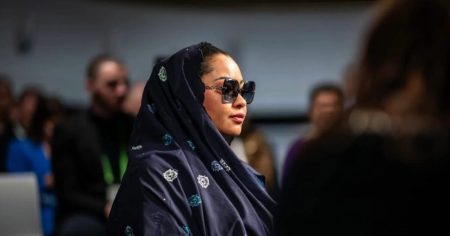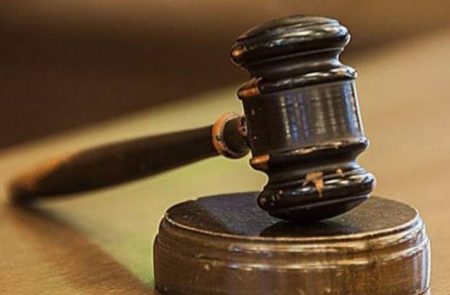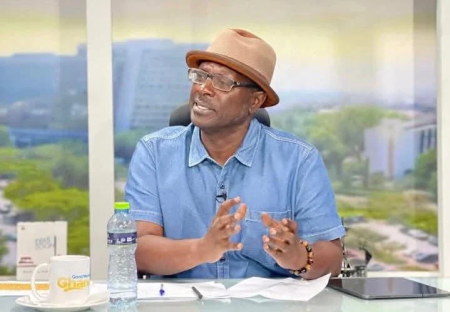The ongoing impeachment proceedings against Ghana’s suspended Chief Justice, Gertrude Torkornoo, have ignited a fierce political firestorm, exposing deep-seated tensions between the ruling New Patriotic Party (NPP) and the opposition National Democratic Congress (NDC). NPP’s Director of Communications, Richard Ahiagbah, has accused the NDC of orchestrating a calculated assault on the judiciary’s independence, characterizing their actions as an unprecedented attempt to subjugate and control the judicial branch. He argues that the impeachment process lacks both legal merit and moral justification, and warns that if successful, it would represent a grave threat to Ghana’s democratic foundations. Ahiagbah contends that such a drastic measure, targeting the highest judicial officer, should only be pursued in the presence of irrefutable evidence of misconduct or incapacitation, which he claims is absent in this case. His pronouncements reflect the NPP’s staunch defense of the suspended Chief Justice and their view of the impeachment proceedings as a politically motivated attack.
Conversely, the NDC government, represented by Minister of State for Government Communications, Felix Kwakye Ofosu, vehemently denies any political machinations. Ofosu asserts that the impeachment proceedings are firmly grounded in constitutional law and due process, emphasizing that no individual, regardless of their position, is immune to legal scrutiny. He argues that the President’s decision to initiate the proceedings stems solely from legal obligations and adherence to established procedures for addressing alleged misconduct. Ofosu dismisses accusations of political motivation as baseless and false, highlighting the government’s commitment to upholding the rule of law. This clash of narratives between the NPP and NDC underscores the deeply polarized political landscape surrounding the impeachment proceedings and the broader concerns about judicial independence.
The impeachment saga has thrust the delicate balance between executive authority and judicial independence into the national spotlight. At the heart of the controversy lies the question of whether the President’s actions are a legitimate exercise of constitutional powers or an overreach that threatens the integrity of the judiciary. The NPP’s allegations of political interference raise concerns about the potential erosion of judicial autonomy, suggesting that the impeachment process could be a tool for political retribution rather than a mechanism for accountability. On the other hand, the NDC’s insistence on due process underscores the importance of upholding legal procedures and addressing allegations of misconduct, even against high-ranking officials.
The public debate surrounding the impeachment proceedings has extended beyond the political arena, engaging constitutional experts, civil society organizations, and the general public. Legal scholars are dissecting the constitutional provisions related to impeachment, analyzing the merits of the case against the suspended Chief Justice, and evaluating the potential implications for the future of Ghana’s judiciary. Civil society organizations are advocating for transparency and accountability throughout the process, emphasizing the need to protect judicial independence while ensuring that allegations of misconduct are thoroughly investigated. Public opinion remains divided, reflecting the polarized political climate and the conflicting narratives presented by the NPP and NDC.
The unfolding legal and political drama surrounding the impeachment proceedings has placed Ghana at a critical juncture. The outcome of this case will not only determine the fate of the suspended Chief Justice but will also set a precedent for future interactions between the executive and judicial branches. A decision perceived as politically motivated could undermine public trust in the judiciary and create a chilling effect on judicial independence. Conversely, a process perceived as fair and transparent, regardless of the outcome, could reinforce the rule of law and strengthen democratic institutions.
The implications of this case extend beyond Ghana’s borders, serving as a case study for other African nations grappling with similar challenges related to judicial independence and executive accountability. The international community is closely watching the developments in Ghana, recognizing the importance of upholding democratic principles and safeguarding the integrity of judicial systems across the continent. The resolution of this impeachment case will undoubtedly have a lasting impact on Ghana’s political and legal landscape, shaping the future of its democracy and influencing the trajectory of judicial independence in the region.





